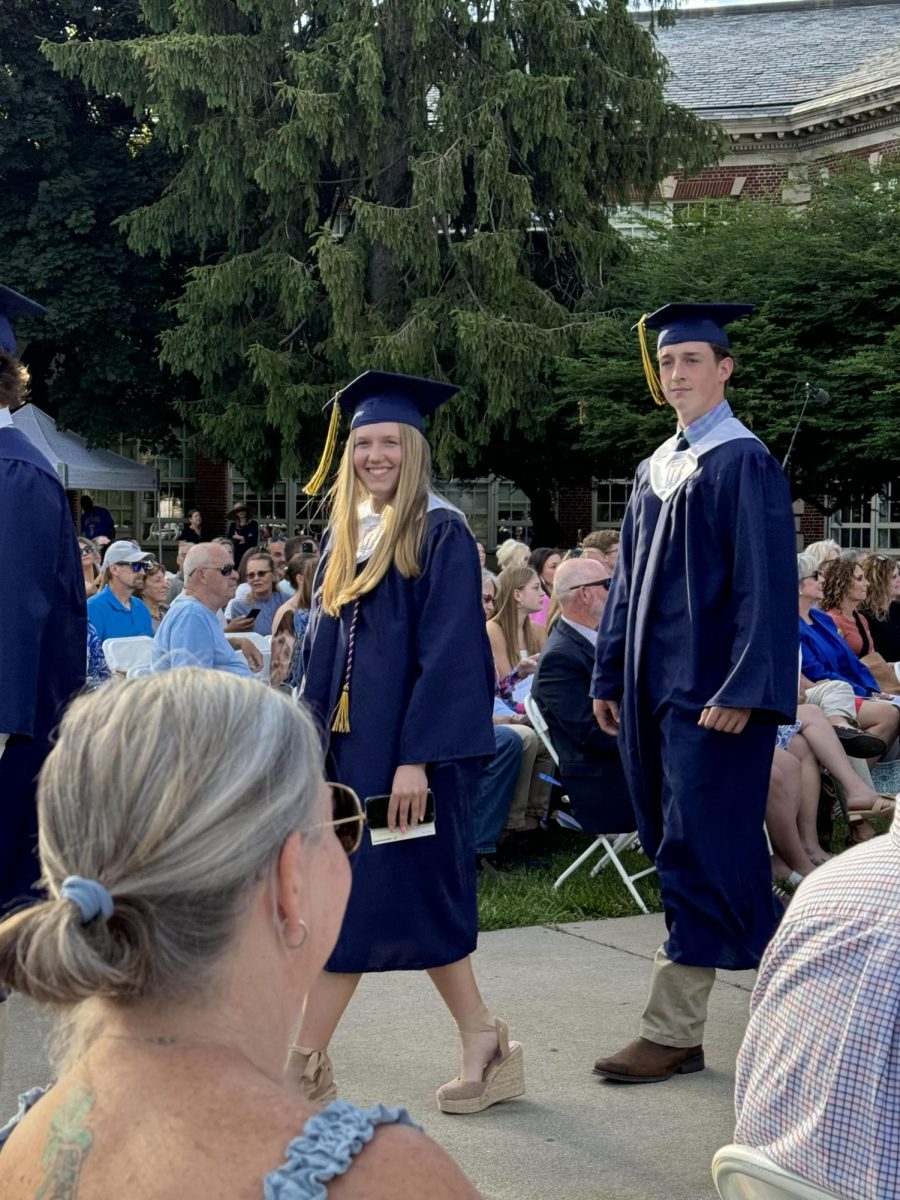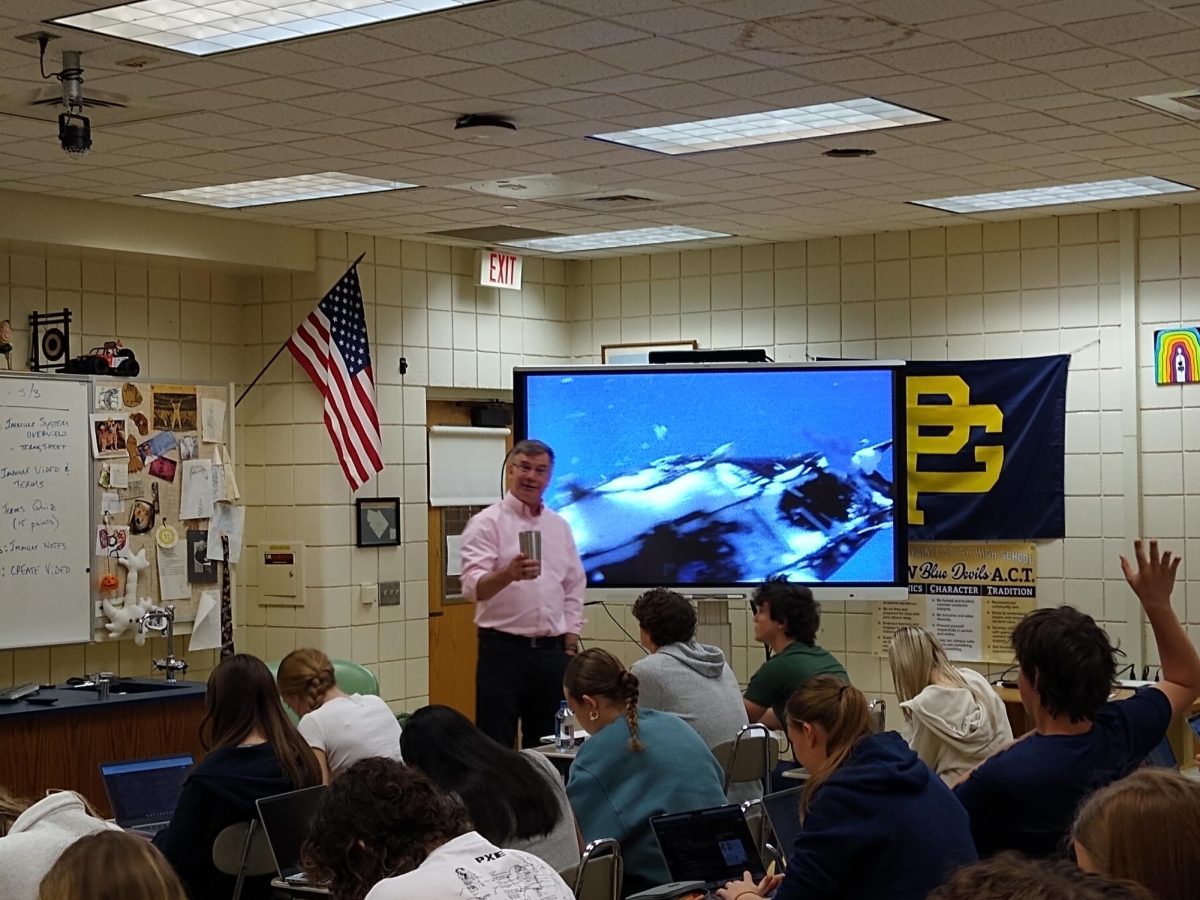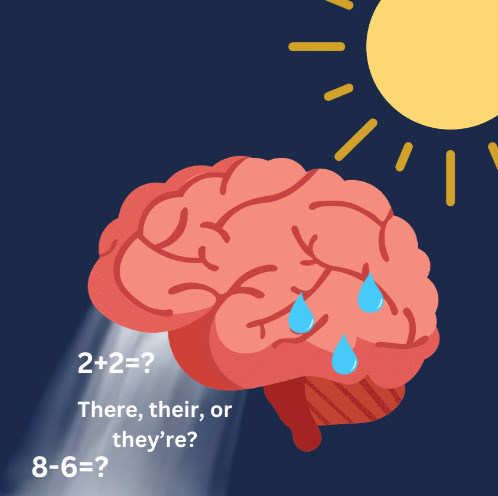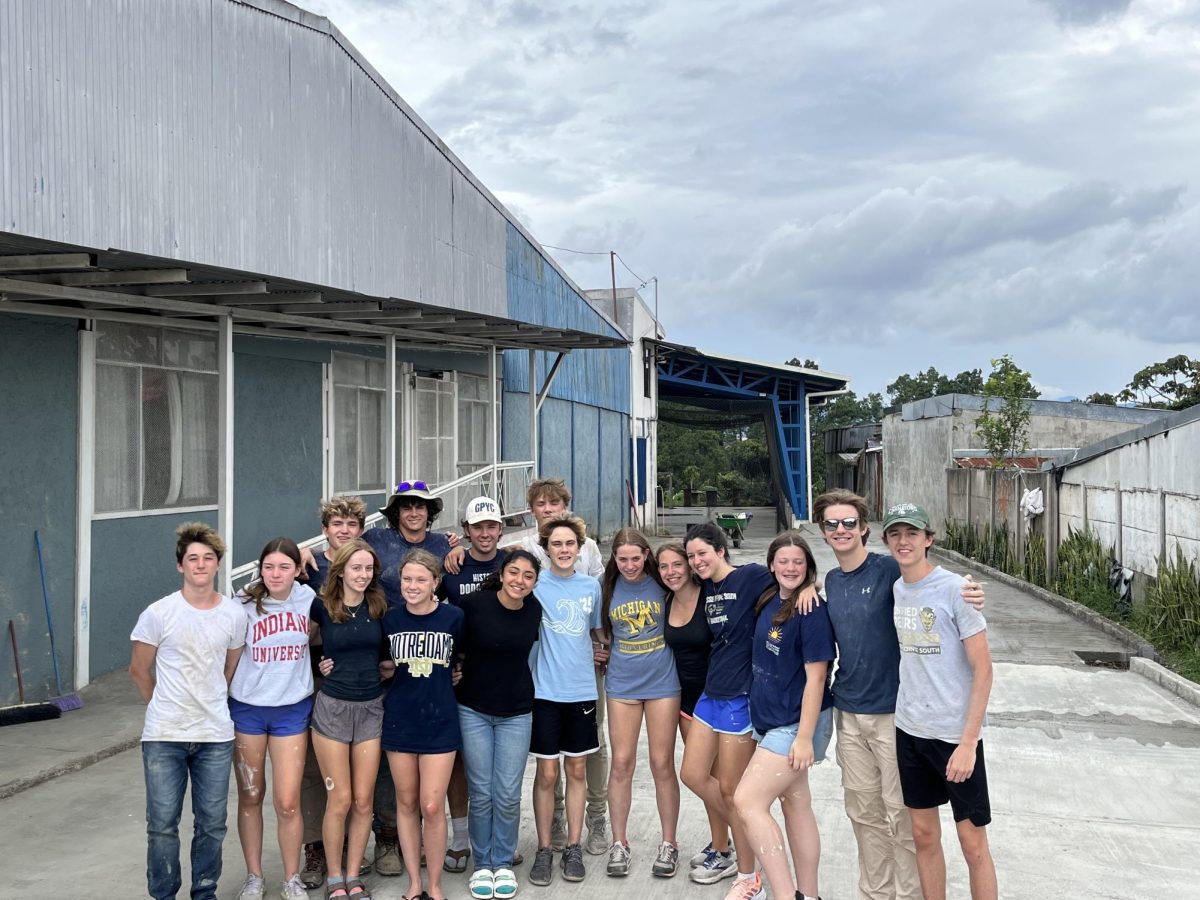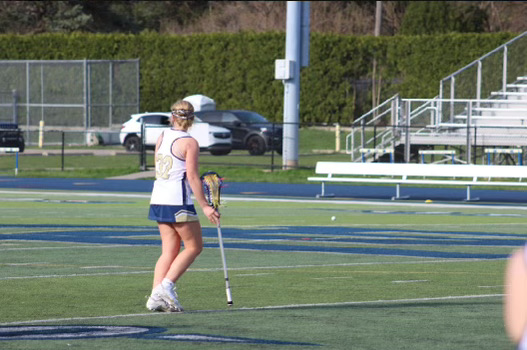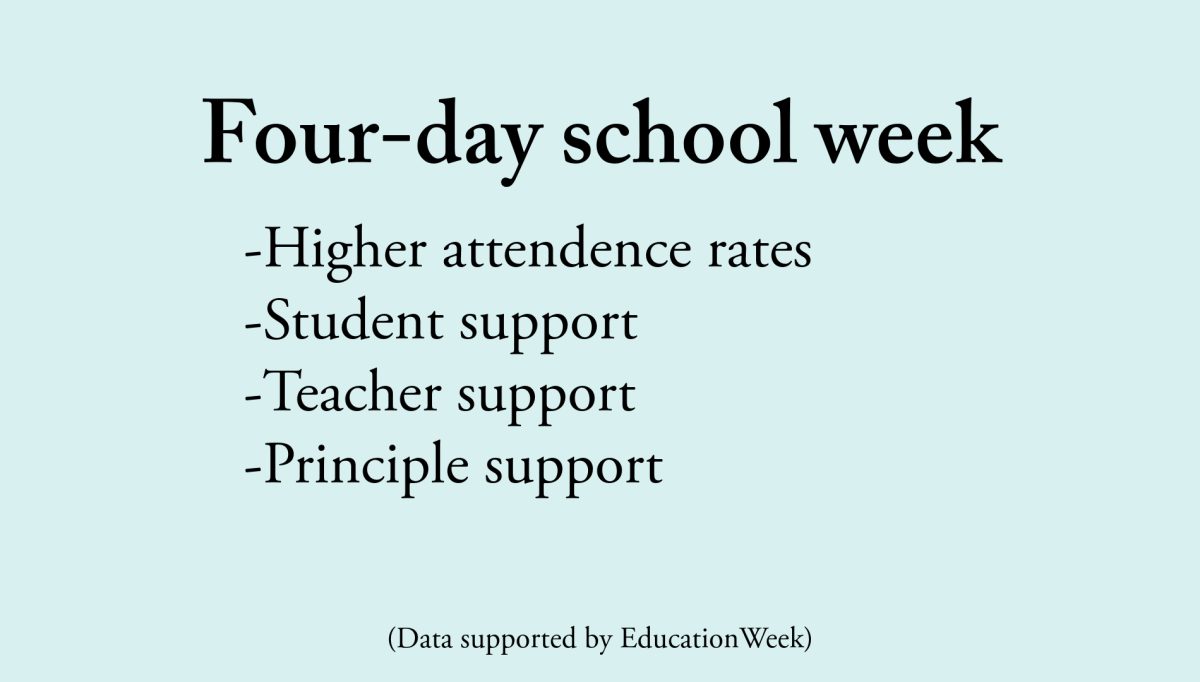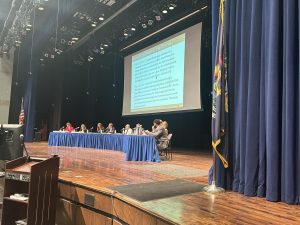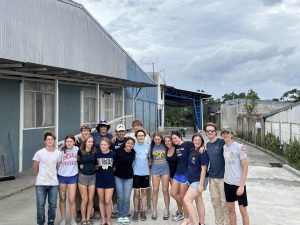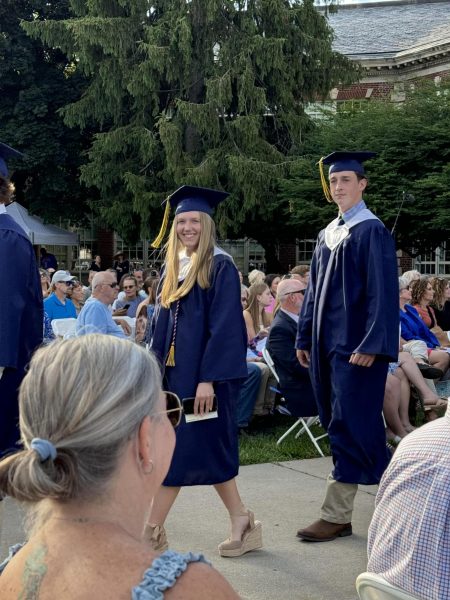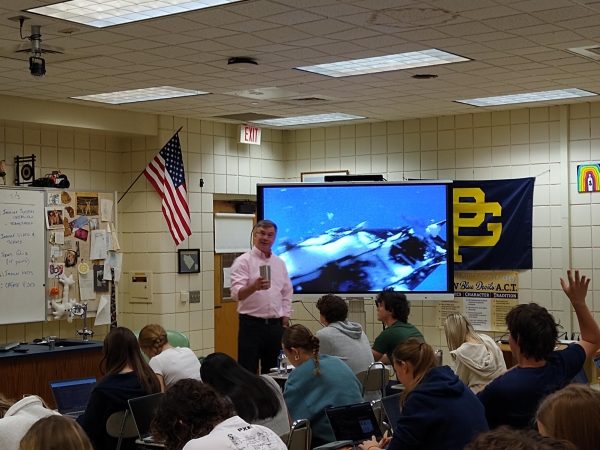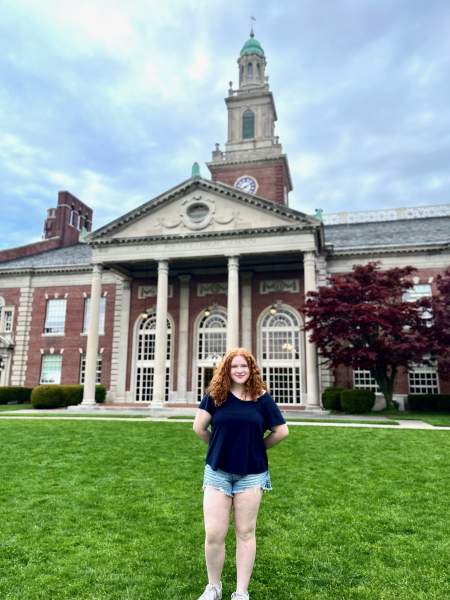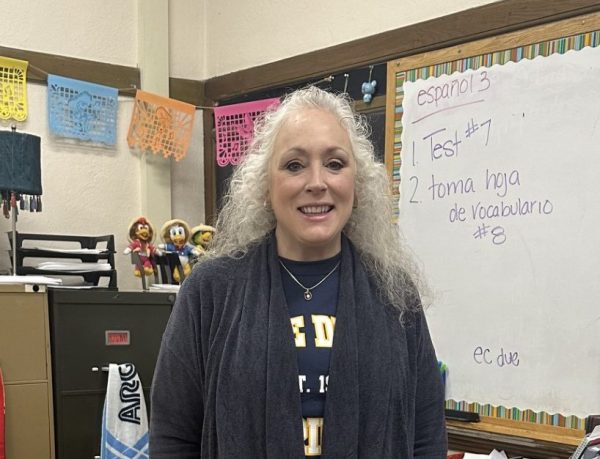Missed school days legislation delayed
April 12, 2020
In the wake of the coronavirus pandemic, over 160 countries have implemented strict, nationwide school closures, which has impacted over 87 percent of the world’s student population, according to the United Nations Educational, Scientific and Cultural Organization (UNESCO). Yet, with the remote learning operatives in place that aim to provide a consistent educational environment for students across Michigan, students are now grappling with another source of anxiety: whether or not online school will count towards the state’s mandated instructional time requirement.
According to the National Center for Education Statistics, Michigan requires 1,098 hours or 180 days of instruction each year, which is now a nearly impossible feat without alternative learning opportunities, such as summer school, to make up for the lost time. Yet, when grappling with the virus’ reach, the Michigan legislature failed to provide clarity as to how schools will be supported during this time.
“Despite bipartisan support, the Michigan legislature voted on a COVID-19 budget supplemental without taking action to forgive the days and hours of instruction lost to the current mandatory school closure,” Principal Moussa Hamka said in an email sent on March 18. “The House and Senate both adjourned until March 25, so this uncertainty will unfortunately last at least that long.”
Although, on Wednesday, March 25, the state legislature canceled its legislative session.
“These issues are interlinked and must be tackled together to address the needs of employees and districts, knowing that we will need to address the long-term needs of students when we know how long this crisis will last,” a joint statement issued by Michigan Association of Superintendents and Administrators (MASA) and Michigan Association of School Boards (MASB) said.
Specifically, the members of the state House of Representatives and Senate were also planning to deal with a supplemental school aid bill, which would have sent additional funding to K-12 schools, as well as how hourly workers such as janitors will continue to get paid. In a statement released by U.S. Senator Debbie Stabenow (D-MI), Stabenow identified the state’s primary concern as supporting Michigan healthcare workers.
“We can’t lose sight of the fact that this is a public health crisis first,” Stabenow said. “We are working day and night to come to agreement on the most effective way to address the overwhelming and immediate needs in this crisis… because too much is at stake.”
According to National Public Radio, a surge of new cases reported on March 31 across the state of Michigan have brought the total number of cases to 7,615. In a Twitter post released by Whitmer on March 30, Whitmer asked for help from health care professionals across America to aid both the city of Detroit and the state as a whole during this time of need.
“The crisis is impacting every family across our state,” Stabenow said. “I know that Michigan is strong and we will weather this crisis together.”
In more recent updates, Hamka detailed the steps made by the Grosse Pointe Public School System to accommodate for and to be sympathetic towards the students and families facing the brunt of the coronavirus’ run-off effects, including the wave of non-essential business closures.
“We are moving forward, but we all (staff and students) have a lot more going on than just school,” Hamka said. “I am sure there is more we can and will do in the coming days.”
Looking forward, Hamka has since urged community members to take the necessary actions of contacting their legislators and throwing their support behind the Grosse Pointe Public School System’s administrators, educators, custodial staff and students.
“GPPSS is pulling together to provide support for our students and community,” Hamka said. “We need the legislature to take action in support of our schools.”

